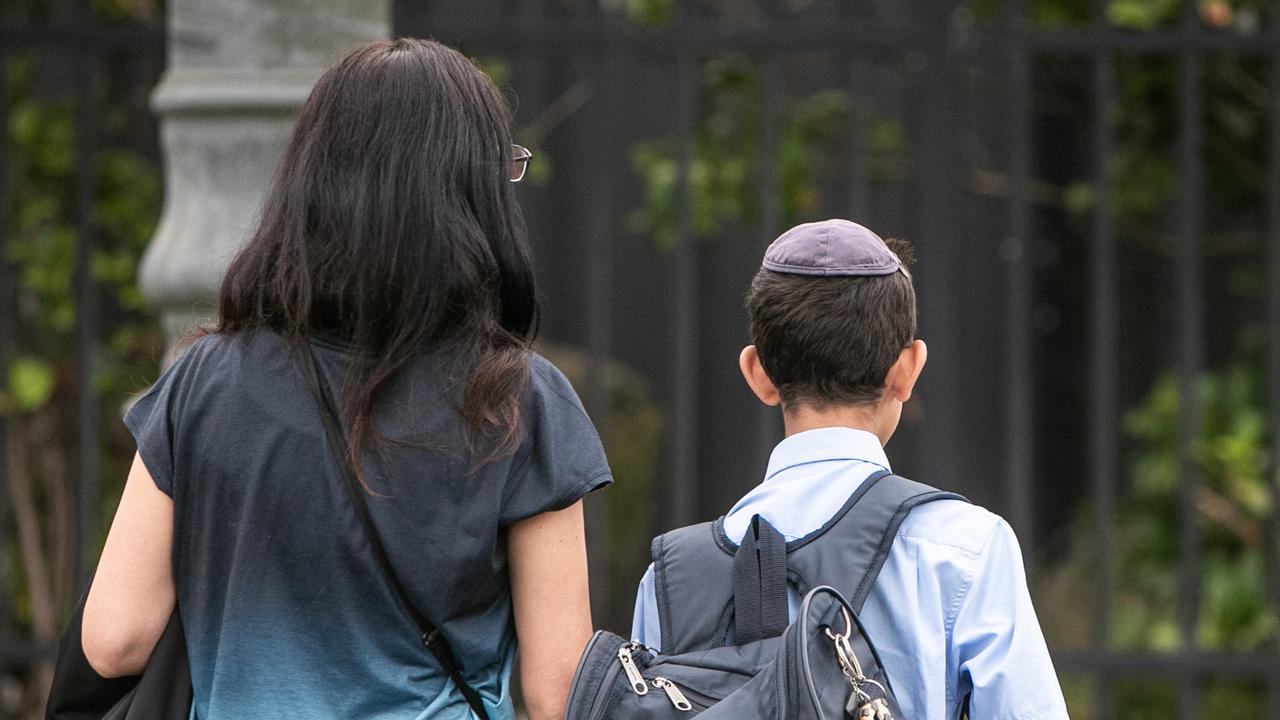Coronavirus: Australia’s plan ‘better than Kiwi strategy’
While still very costly to the economy, lockdowns since March have saved about 11,000 lives so far, according to new analysis.

Australia’s coronavirus eradication strategy has been more efficient than New Zealand’s, although still very costly to the economy, according to analysis that finds lockdowns since March have saved about 11,000 lives so far.
Economist Martin Lally, who has estimated New Zealand’s eradication strategy had saved about 900 lives at a cost of $NZ2.3m a year of life saved, has put the equivalent cost in Australia at about $750,000 a year – about seven times what Australian governments typically spend to save lives.
“I based my analysis on outcomes in European and Latin American countries; deaths were always likely to be lower in Australia than Europe because Australia is an island, and islands such as Iceland, Cyprus and various Caribbean countries have had much lower death rates regardless of lockdown policies,” he told The Australian.
“Australia would have been in a favourable position had it pursued mitigation rather than eradication because of … low population, no land borders and low population density.”
His research comes as governments globally scramble to vaccinate their populations against COVID-19 to avoid further lockdowns.
Dr Lally’s analysis contrasts the outcome of a hypothetical “Sweden-style” mitigation strategy — banning large gatherings, quarantining of infected persons and social distancing for high-risk groups — against Victoria-style hard lockdown that included shutting businesses and forcing people to stay at home.
“I estimate about 70 per cent of the Australian GDP losses of $415bn would have arisen without any Australian government-imposed restrictions because some people would have reduced their interactions with others, avoided cafes etc, and foreigners electing not to make a trip to Australia,” he said.
Dr Lally said he couldn’t find a statistical relationship between the stringency of government lockdowns and the number of COVID deaths in Europe or South America. “The evidence for government restrictions substantially reducing the death rate is minimal,” he said.
Governments have avoided releasing cost-benefit analysis for their lockdowns, leaving economists to try their own, often controversial, estimates.
UNSW economist Gigi Foster, in a submission to the Victoria parliament, said the cost of a six-week lockdown was “at least three times greater than the benefit” in terms of lives saved.
Dr Lally was critical of early forecasts by epidemiologists that forecast 27,000 deaths in Australia under eradication (lockdown) strategy, 141,000 deaths under mitigation and 287,000 deaths with no mitigating actions.
The COVID death toll in Australia stands at 909, or 35 deaths per million people, compared with over 1000 per million in Sweden and 1430 in the UK.
“The problem with these epidemiologists’ forecasts was that as the number of deaths rises, people will react by engaging in more protective actions that will reduce the future death rate,” Dr Lally said.



